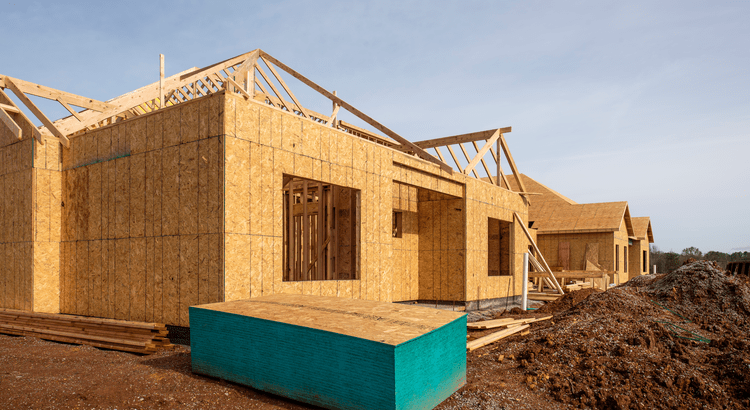Is Your House Priced Too High?
Is Your House Priced Too High?

Every seller wants to sell their house quickly, for the highest possible price, and with minimal hassle. You likely feel the same way.
However, one of the biggest factors that could jeopardize your success is the asking price for your home. Setting the right price is one of the most critical steps in the selling process.
So, how can you tell if you’re pricing too high? Here are four signs that your elevated asking price might be deterring potential buyers—and why relying on your real estate agent is the best way to adjust your strategy.
1. You’re Not Getting Many Showings or Offers
One of the most obvious signs your house may be overpriced is a lack of showings. If it's been on the market for several weeks and only a few buyers have come to see it—or worse, you haven’t gotten any offers—it could be a clear indication the price isn’t matching up with what buyers expect. Because buyers who have been looking for a while can easily spot (and write off) a home that seems overpriced.
Your real estate agent will coach you through this, so lean on their experience for what you may want to try to bring more buyers in, including considering a price cut.
2. Buyers Have Consistent Negative Feedback after Showings
If, after your showings, the feedback from potential buyers isn't positive, it may be time to make adjustments. Comments from showings are crucial for understanding how buyers perceive your home. If they consistently feel it's overpriced compared to similar homes, it’s time to rethink your pricing strategy.
Your agent will collect and analyze this feedback for you, helping you assess how your home compares in the market. They can also recommend specific improvements or staging changes to better justify your asking price or suggest a price that aligns with current buyer expectations. As the National Association of Realtors (NAR) explains:
“Based on all the data gathered, agents may make adjustments to the initial price recommendation. This could involve adjusting for market conditions, property uniqueness, or other factors that may impact the property's value.”
3. It’s Been on the Market for Too Long
A lack of interest will ultimately result in your home sitting on the market without serious offers. The longer it remains listed, the more likely buyers will question if something is wrong. In today’s market, where inventory is increasing, a prolonged listing period can make your home appear stale, making it even harder to sell.
Your real estate agent can provide insights into how quickly other homes in your area are selling and explain what strategies are working for other sellers. This way, you can decide together if you want to make any changes. As a Bankrate article states:
“Check with your agent about the average number of days homes spend on the market in your area. If your listing has been up significantly longer than average, that may be a sign to reduce the price.”
4. Your Neighbor’s House Sold Without an Issue
Here's the final sign to watch for: if similar homes in your area are selling faster than yours, it’s a clear indication that something may be amiss. This could be due to factors like outdated features, a lack of upgrades, or a less desirable location. It may also indicate that your home is priced too high.
Your agent will keep you informed about your competition and advise on any necessary changes to make your home more competitive. They can suggest minor updates that could enhance your home’s appeal or help you adjust your strategy to align with current market conditions.
Bottom Line
Pricing a home accurately is both an art and a science. It involves a thorough understanding of the market and buyer psychology. When the price isn’t attracting buyers, your agent is the best resource for guidance on what steps to take next.
Categories
Recent Posts










